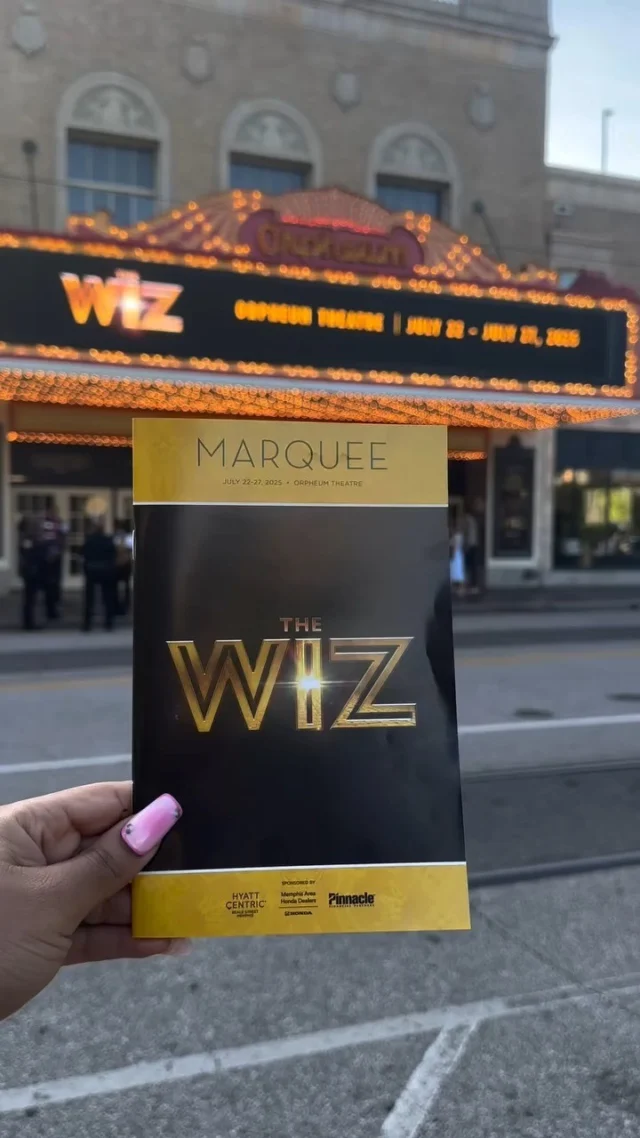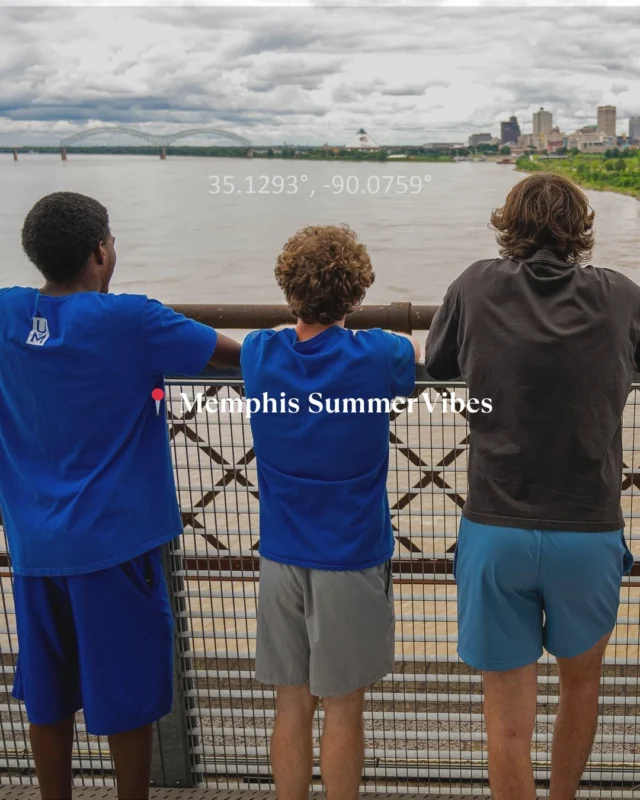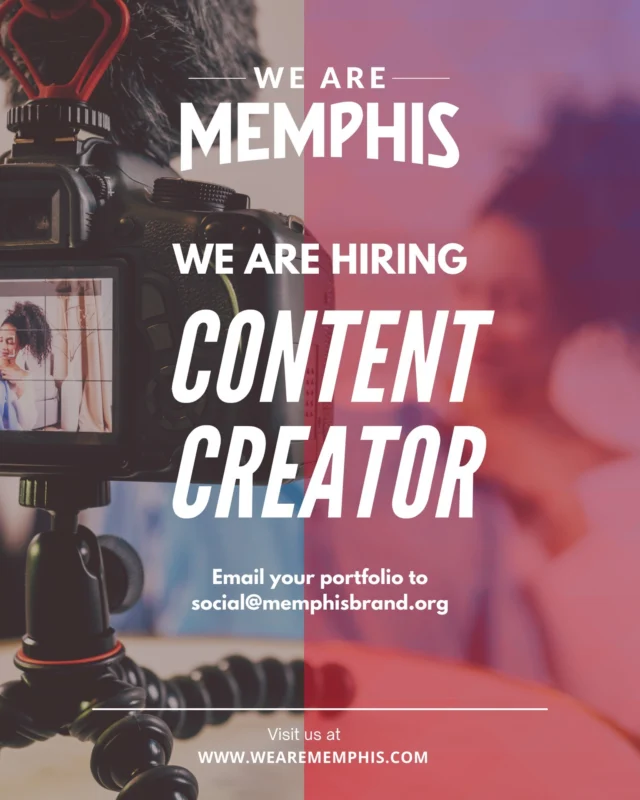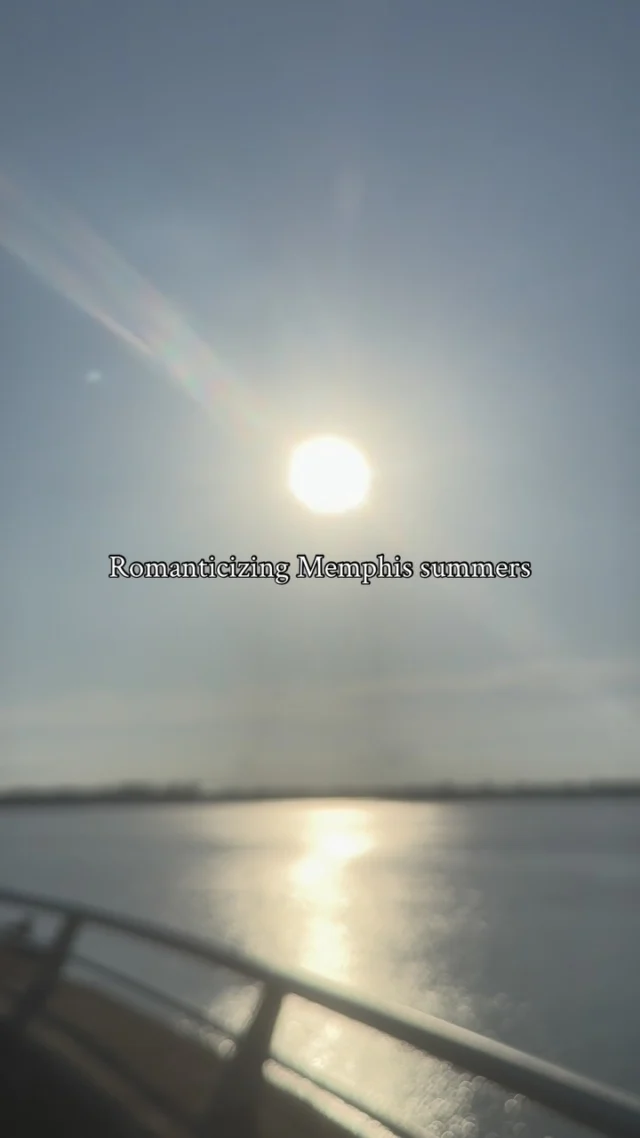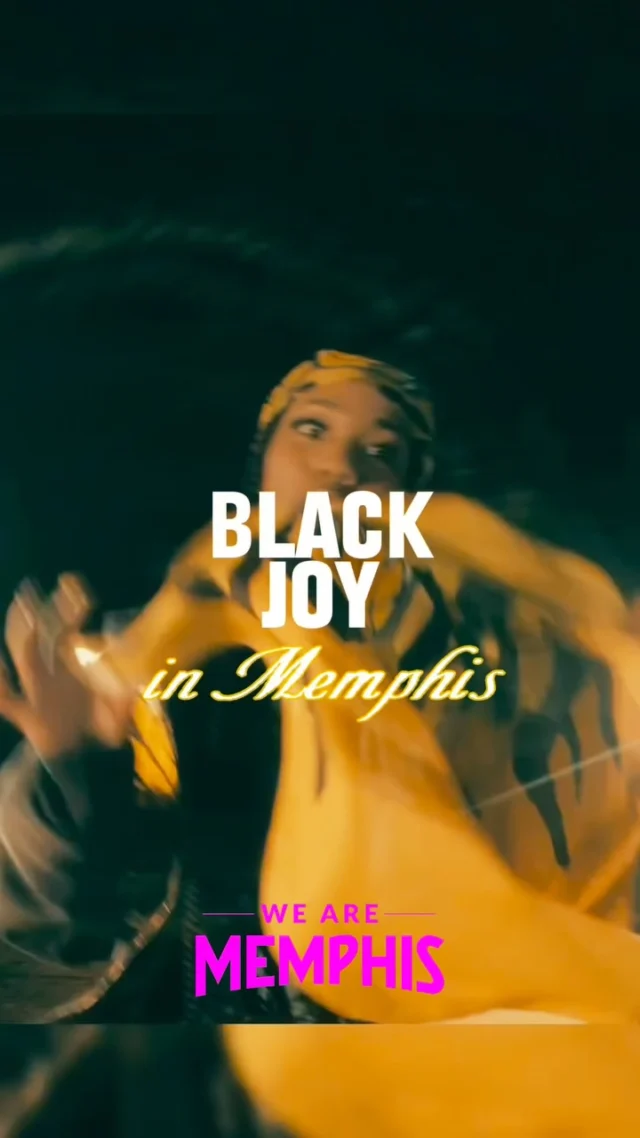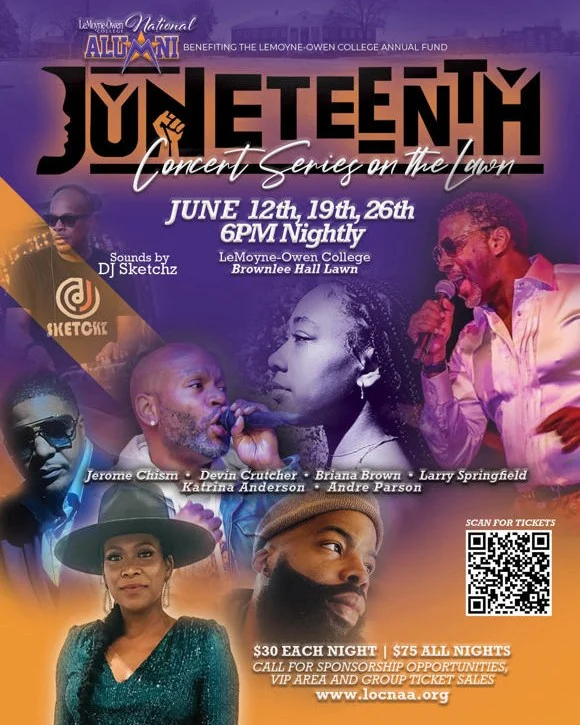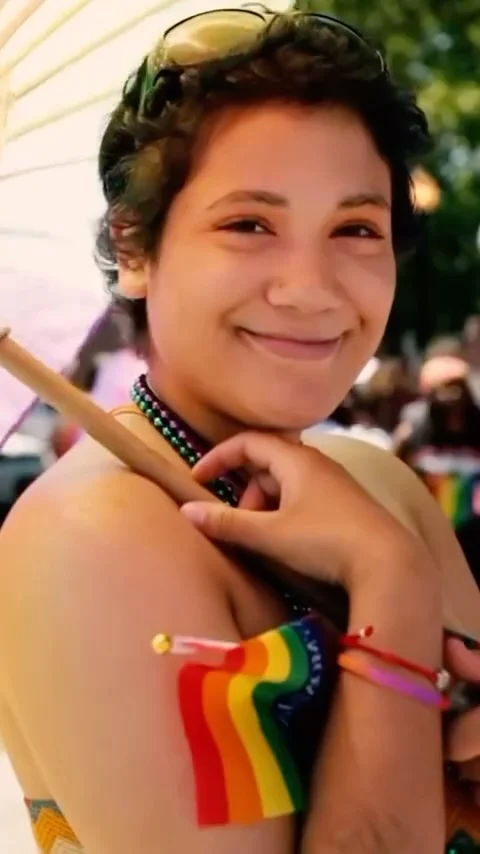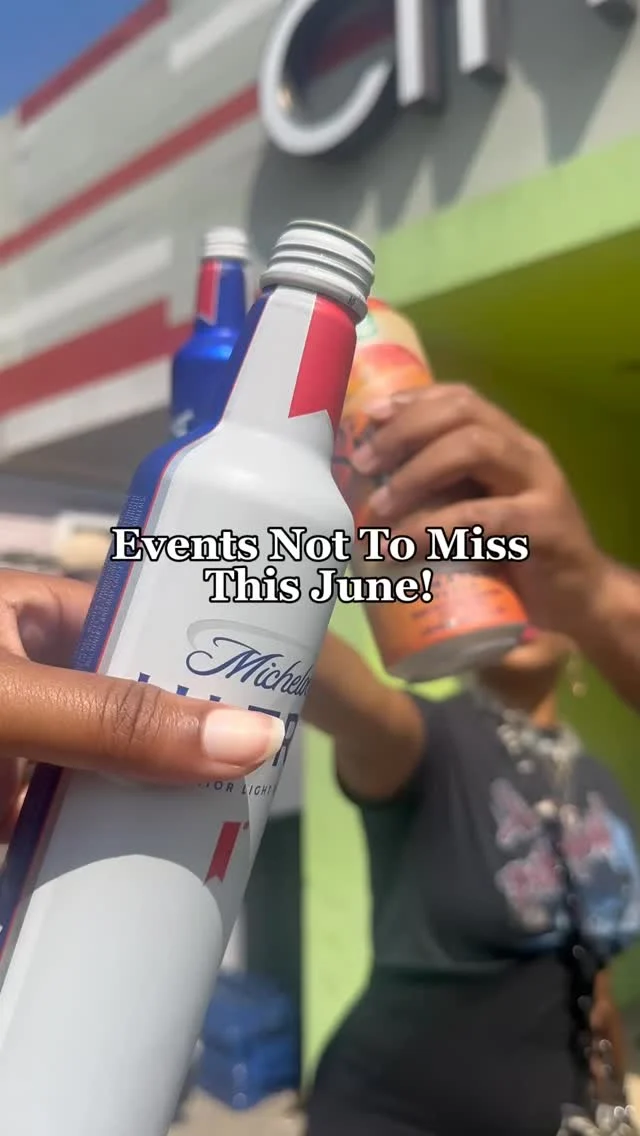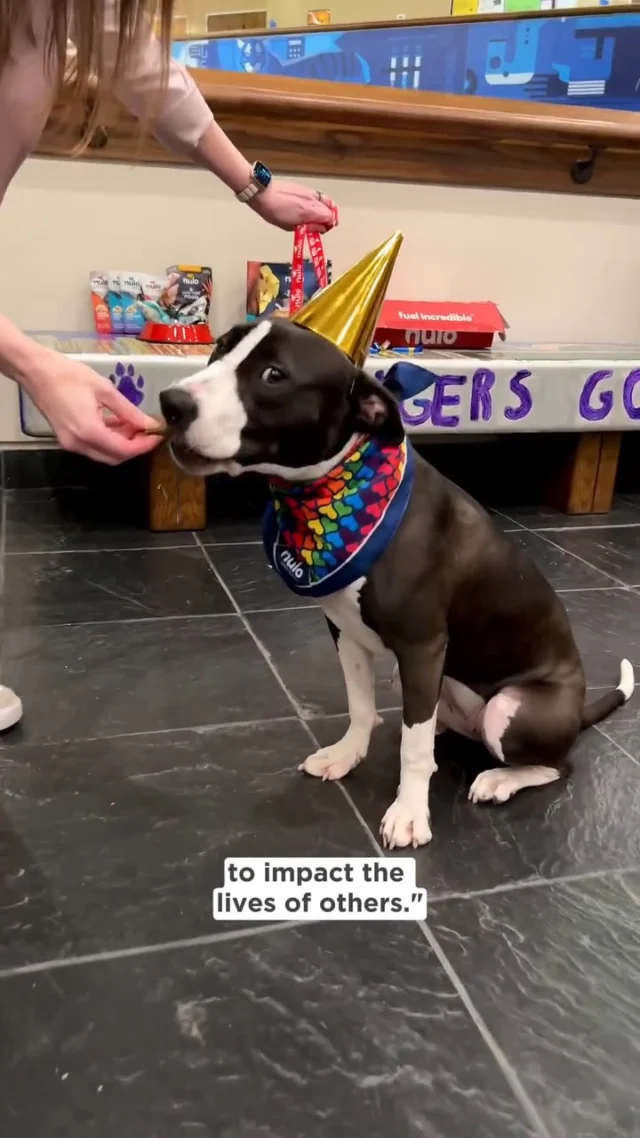By Kristin Cheers
He is standing in the foyer of an ethereal mansion while wearing a coral original from his own designer line. With a scarf gently tied around his blonde hair, he points to a box adjacent to his hip. It’s a box of Henry Masks, his recent innovation of eclectic of colors, that he co-created with his brother at the onset of the 2020 COVID-19 pandemic. The camera pivots to another room and he introduces the featured pieces in the 2020 New York Fashion Week show set to premiere that week. Patrick Henry, better known as designer and tailor Fresh, is the man of the hour and quite honestly – the year.
A Memphis son living in the fashion hub of Los Angeles, California, Henry has been a self-taught tailor since he was 19 years old. He has designed clothes for celebrities ranging from Queen and Silm’s Lena Waithe to half of the NBA to The Weekend’s wardrobe at this year’s American Music Awards. He is not the new kid on the block; the hustle has been strong long before the world went on lockdown.
Before working for Ermenegildo Zegna in 2013 in LA, Henry opened a tailoring shop in Downtown Memphis. Like many creatives, sometimes you must leave the city to go full throttle on your passion and dreams. Nevertheless, while he’s away, Memphis runs in this blood, his designs, and his grind.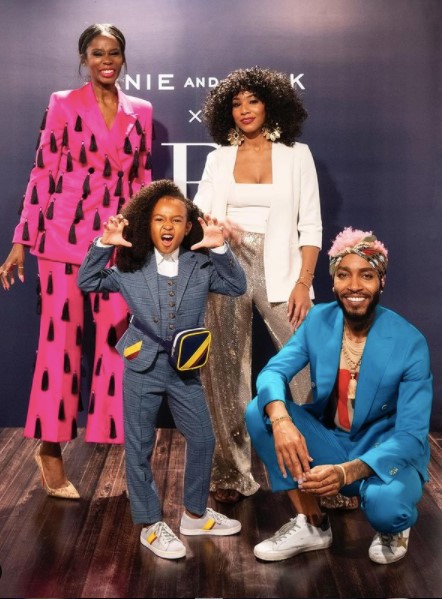
-
You’re from Memphis (me too) and decided to drop out of Memphis State (The University of Memphis) to pursue your career in fashion. How’d you come to that decision and what has Memphis taught you while growing up that helps guide your work today? How do you show elements of Memphis in your pieces?
I wasn’t even going to go to college. Memphis had a fashion merchandising program and my mom encouraged me to go since she was a teacher there. I ended up getting a full scholarship, but after the first semester, I realized fashion merchandising wasn’t something I wanted to get into. I figured, “I’m not supposed to be here,” and I dropped out and never thought about going back.
Memphis taught me hustle, grit and integrity. You got to hustle in Memphis. If you want to be an entrepreneur, you got to hustle. If you’re a Black man in Memphis, you got to get out and beat the pavement. You can’t be afraid of hard work. Also, grit. You can’t only do the easy sh*t. You got to do the hard work. And then integrity. I see the ones who keep their word and I see the ones who don’t. Memphis is a small town. Everyone knows everyone. When you’re not a good businessperson, word spreads quick. So, if you operate in integrity, people will gravitate towards you. I learned I had to operate a certain way to be successful.
-
The pandemic hit us unexpectedly, but you’ve been able to pivot with selling Henry Masks which have been a hit. How’d you pivot so well? What can other entrepreneurs learn about keeping your business going in unexpected times?
Henry Mask has been a godsend because the rest of these masks suck. They’re all in your mouth, or the material doesn’t do what it needs to do. And we’re dealing with a real crisis. I mean, people think it’s a joke, but every day we see bodies drop, we see numbers rising, we see people who thought this was a hoax dying from the same thing they thought was a joke. I don’t claim to be the smartest man, but if I see this thing, wipe out a quarter of a million people in a few months, I’m going to take it seriously.
How we pivoted so smoothly is because I didn’t panic. I don’t have the “panic wire” in my body. I just make decisions. So, when it hit, I realized that businesses were slowing down, my Rich Fresh business was slowing down, and we still had big bills to pay. Still had expenses we needed to take care of and employees we needed to pay. I was never in a position where I could just sit and chill, but I also didn’t want to start panicking such as depleting my savings and emptying out this and emptying out that to pay bills. I just had to go to God and talk and just figure out like, what’s next, you know, I’m confident that you didn’t bring me my family as far as to drop us off a cliff. So what’s next?
I just stayed in a real peaceful spot. And then one day it just landed on us that we needed to do masks for tailors for our staff. Then that turned into showing it to a friend and now business partner which turned into making thousands of regular masks for a bunch of factories in Memphis which one day turned into my desire to turn that into a brand.
I told my brother, “Hey, if we’re going to be doing this mask thing, we can’t just do it as a hustle. We have to turn this into a brand and into a company that stands for something.”
So, if you’re in this space, right now, figure out how you can get money by solving a problem.
Henry Mask isn’t just a frivolous attempt and making some money. It’s solving a problem. The problem was people could not find face masks. They were out for months. The thing that could keep you alive, you couldn’t get it for months. So, we wanted to solve a problem and create a subscription model so people would be confident that they would always get the thing that they have to have. Solve problems. If you’re in this space, right now, the pandemic has created a series of problems. There are old people who can’t go to the grocery store. Start a business where you go pick up the groceries for them. These are brand new operations that wouldn’t have existed a year ago because there was no need. But this need has shown up and people were able to respond to the need are able to build businesses in this pandemic era – they can still be successful.
-
Do you think entrepreneurs have to leave Memphis to be successful? We see that a lot. Folks leave and seem to blow up. What do you think?
I don’t think they have to leave Memphis. I think you must go wherever your market is present. I knew I had to go somewhere fashionable, either New York or LA.
Before leaving, always observe the market. It’s not about where you are; it’s about what they consume where you are. Look at your product, look at your craft, and look at your skillset. Then, look at who would consume your product or who would utilize that skill set the most. Find out where they are, wherever they are, and go there.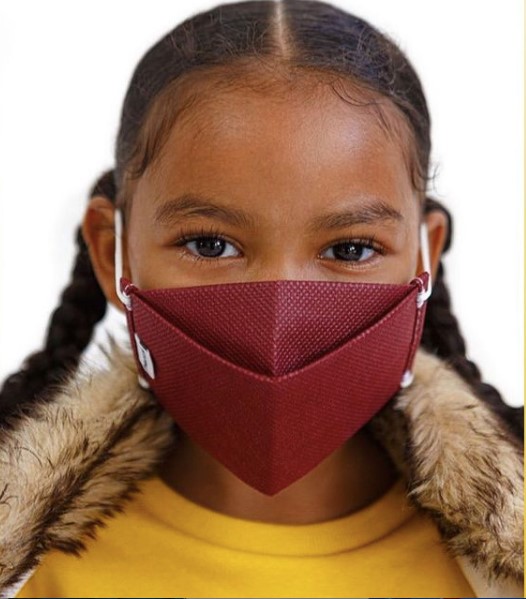
-
You’ve designed pieces from folks from Lena Waithe to Draymond Greene and even Curtis Givens in Memphis. Who’s been your favorite celeb to work with and what has working with celebs told you about the power of networking and building relationships?
That’s always such a tough one because they’re all cool. The Weekend knows what he wants, but he trusts the vision. Lena Waithe has been cool, too. She doesn’t have creative input. She says “Yo Fresh! I got three big dates coming up. I got the Oscars, I got this. I got that. Work your magic,” and I go do my thing. She doesn’t know what she’s getting until she opens the bag.
But you know, I got a lot of clients who aren’t famous. I got Pete, an entrepreneur, and a restauranteur. I got this cat, Jordan, a football player. I’ll post something from the Grammys, and he’ll call me like, “Yo, give me that in three colors.” You know, some people just really, really, really love what I do so much that you see that constant support.
I just enjoy working with people who appreciate what I do because it’s not easy, and it didn’t come easy. It took a lot of hard work to get to this point. My clients that can show respect, consistently and just their appreciation for my craft and my skill set, I enjoy working with them. I don’t have a favorite.
-
I found you after seeing the couple set you did for Kentavious and McKenzie Caldwell-Pope (Bespoke Program). I have hanging on my vision board to squeeze into it (unless you make it in plus size one day). It seemed so simple, but it was so cold! Even down to using the chevron pattern as a staple. How’d you find your authentic design style?
It was all by accident. I was just making clothes. You know, I was just making things that look cool. In 2016/2017, I remember walking into the store one day and a buddy of mine saw me and he was like, “Hey man, it’s good seeing you do your thing, but I really wish that you believed in yourself enough to establish an aesthetic. You’re not making anything that people recognize as yours.” And for second, I took offense because I wasn’t used to people talking to me like that, especially somebody that didn’t have a brand. But he spoke the truth to me. It took me a while to get it. If you’re building something that people can’t recognize from a distance, you’re really working at a disadvantage. You got to work a lot harder. You can’t just be making clothes. You can, but what’s the distinguishing characteristic between your clothes and somebody else’s clothes? I started just putting random stripes on trousers just to make them cool. As simple as it is, that’s the thing that you don’t consistently see in anyone’s brand. I’m not seeing anyone using stripes in their brand, and I’m not real logo driven. I’m more of a minimalist and a maximalist. I just like using color. Let me see what I can do with these stripes. Let me put these stripes on everything and let me put it on the pants. Let me put it on the jackets. Let me put it on the shirts, let me put it on track pants, let me put on track jackets. I just had to look at my body of work and see the thing that I had done could be used consistently because anything that you do consistently becomes your brand.
- Will you keep Henry masks in production after the pandemic?
Absolutely. After this pandemic, we’re going to have flu season, we’ll have cold season, and we’ll have another version of COVID. There will always be something. This is a global product already, and in other countries, they have diseases that impact them differently than they impact us. You’ll always have the health care environment that will always need masks. There are people now who will want to wear masks in the future because they don’t want to breathe someone else’s air. There are folks who work in close quarters with other people who will need one. If I’m going to a restaurant, you’re probably not going to want someone breathing all over your food. If you have a kitchen waitstaff, there’s a good chance that you’re going to see masks in existence for a long time. I see the need is getting greater and greater. Schools will eventually not be online. They will be back in the classroom, and when that happens, it’s going to be imperative that we protect students and the staff.
It’s not about COVID; it’s about protecting people from diseases that are transmittable and things that can be shared through air. The brand is going to evolve, and we’ll add more products that aren’t necessarily mask driven. However, masks will always be at the forefront of our product range.
-
You give away a lot of free game on the gram. Why? What compels you to want to help others find their way?
Because I was a lost young man. I was lost and I didn’t have the benefit of guidance early on in my creative career. I taught myself how to sew when I was 13. I couldn’t seek guidance for that. When I graduated high school and wanted to get into learning how to design and alterations, I sought guidance but didn’t get it. I went to different tailors and tailor shops and asked if I could intern or be an apprentice. Yet, they ran me out because they didn’t want to invest energy and time into someone else.
I found one guy, Michael Thomas, who let me come in his shop and hang out. He didn’t necessarily teach me anything, but I learned by viewing. By being able to view him making clothes and view his swag, I was able to pick up some things – subconsciously and consciously – that have helped shape my business. When God blesses you, you have a responsibility to bless others. God doesn’t bless us for us to be stingy with those blessings or look down on people who don’t have those blessings and say, Oh, it’s all me, it’s all me. Now we have a responsibility to share that with others. So, I understand that the position that I’m in, I’m very fortunate, and sharing game doesn’t affect my position. It doesn’t diminish my value at all. By showing somebody else some of the steps that I’ve had to take, or some clues or some hints that might help them become more successful in a space, it doesn’t diminish my value. If anything, it shows that I have greater value because I have value to give and still maintain my value. And I think if people thought like that, instead of thinking that if they give you some game, it’s taken away from them is taken away from their market. I can teach you how to do something, but you’ll never be able to do it like me.
So why not show you how to do it. I can teach you how to fish.
You’re still going to go fish, but there’s plenty of fish in the ocean. Why am I concerned with the one to 10 fish you might get when there’s an abundance? So, having the mindset of abundance, putting me in a space where I don’t mind sharing games because there’s so much that God has for me that I almost still get regardless of how much game I give. You know, honestly, the more game I give, the more blessings I receive.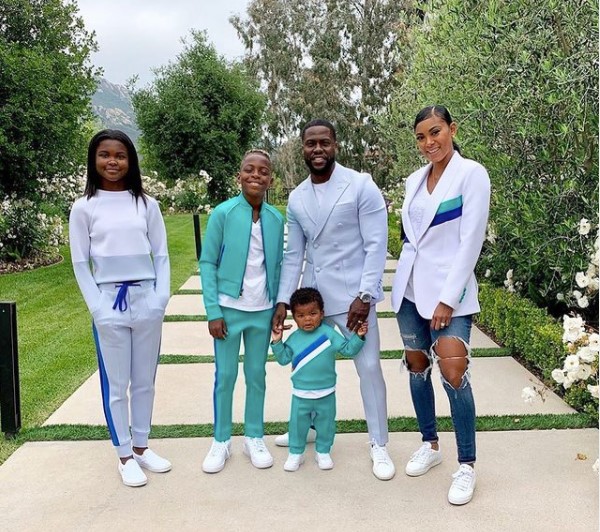
You may also be interested in: Celebrities From Memphis You Dind’t Know
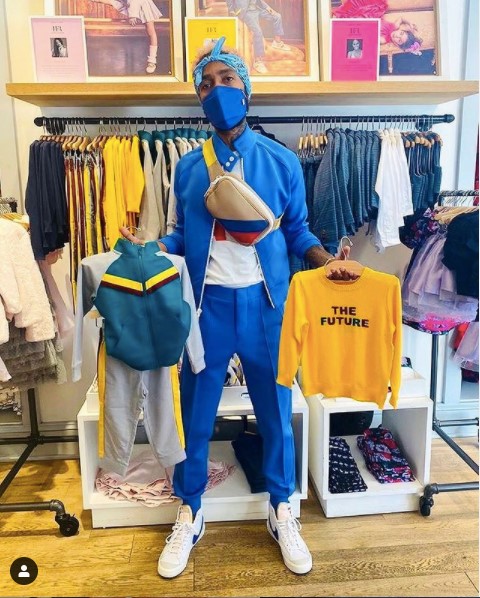

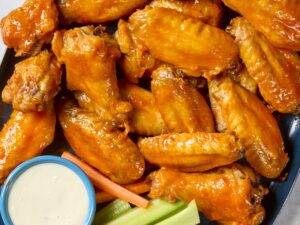

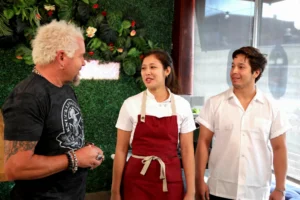



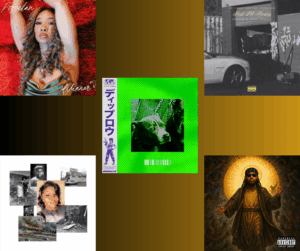
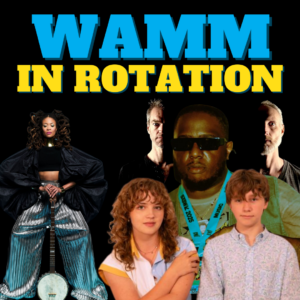



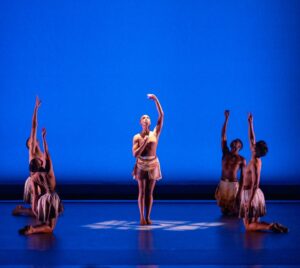


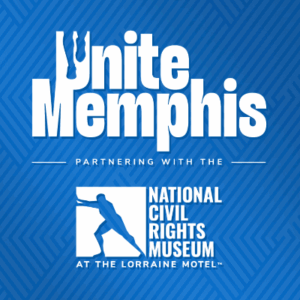
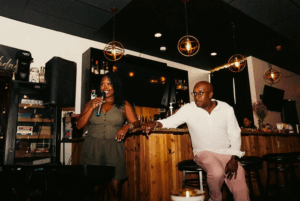




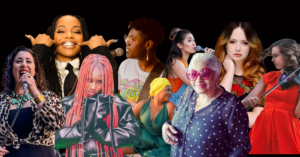
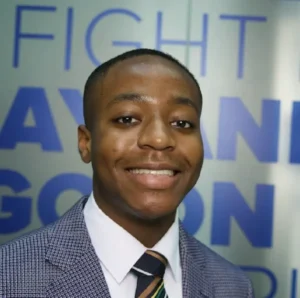
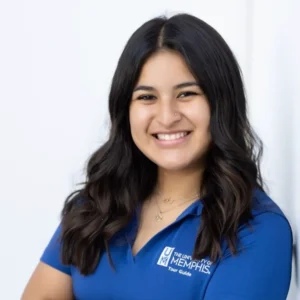

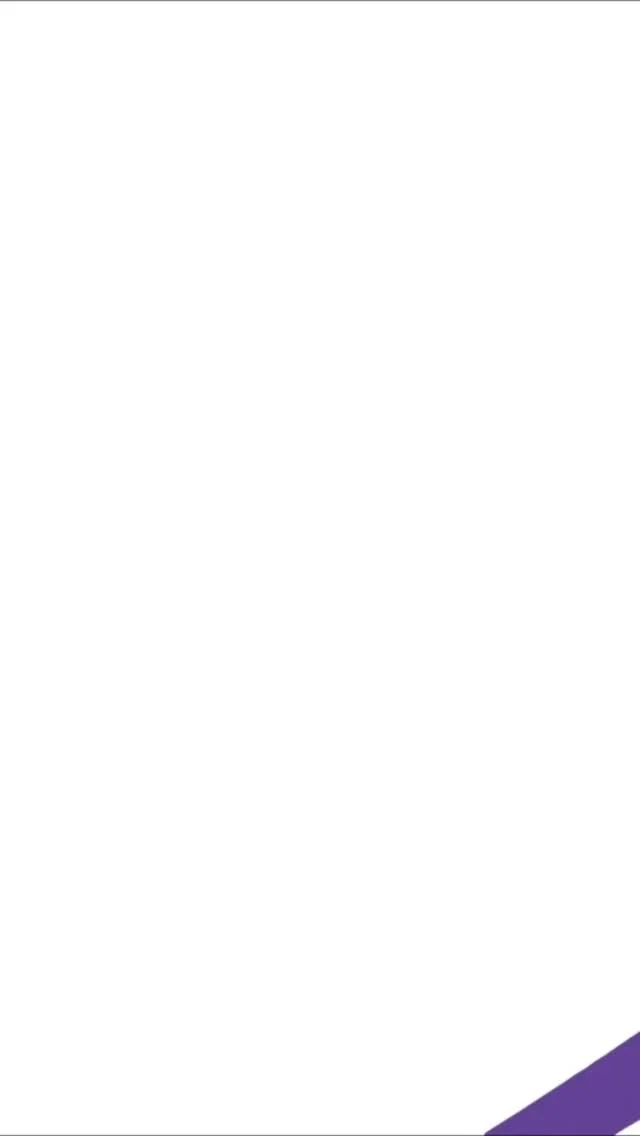
![The countdown is ON, Memphis! We’re officially 30 days out from the @unitememphis 5K + 1-Mile Walk/Run—and this year, we’re stepping into unity on 901 Day 🙌🏽
📍 Monday, September 1 | National Civil Rights Museum
🕘 Start time: 9:01AM
🎶 Food, music & fun to follow
Whether you’re walking or running, this isn’t just a race—it’s a movement. And there’s no better time to join in than now. 👟✨
🎓 COLLEGE STUDENTS: Be one of the first 100 to register using your .edu email with promo code NEXTGENUNITE and your ticket is just $10 (that’s a $32 savings 👀). Limit 2 per person, so tell a friend!
Let’s walk. Let’s run.
Let’s #UniteMemphis 💛
🔗 [link in bio]](https://wearememphis.com/wp-content/uploads/sb-instagram-feed-images/526805187_18335272954206022_6056852028660485499_nfull.webp)
